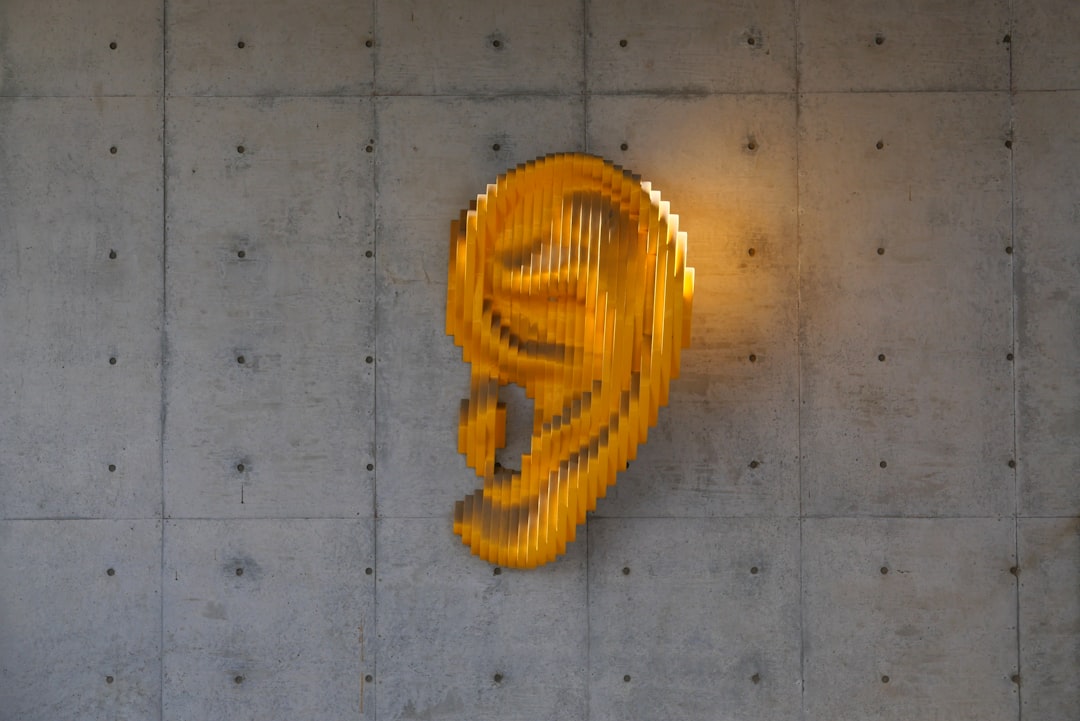What is it about?
The article discusses the increasing role of corpus data in translation studies, including mediated interviews of literary translators as paratexts complementing textual analysis in the translated text circulation, appreciation, and evaluation.
Featured Image
Why is it important?
The article is intended to contribute to building more productive and innovative interfaces of corpus-based translation studies and literary translation studies in the digital humanities era, as well as to provide tools meant to bridge the gap between theory and practice.
Perspectives
Our findings, based on the case study, indicate that paratexts are a rich source of useful and relevant data on the literary translator’s identity discourse, as well as on the normative behaviour/professional heredity and the individual translator’s agency. Accordingly, the value of paratexts lies in allowing for the integrated exploration of the sociocultural, psychological, and cognitive dimensions of the literary translator’s activity (identity, roles, knowledge, and attitudes, values) while contributing to charting new territories in terms of methodological toolkits.
Professor, PhD Supervisor Titela VILCEANU
University of Craiova
Read the Original
This page is a summary of: Integrating interview-based approaches into corpus-based translation studies and literary translation studies, Open Linguistics, January 2023, De Gruyter,
DOI: 10.1515/opli-2022-0265.
You can read the full text:
Contributors
The following have contributed to this page










